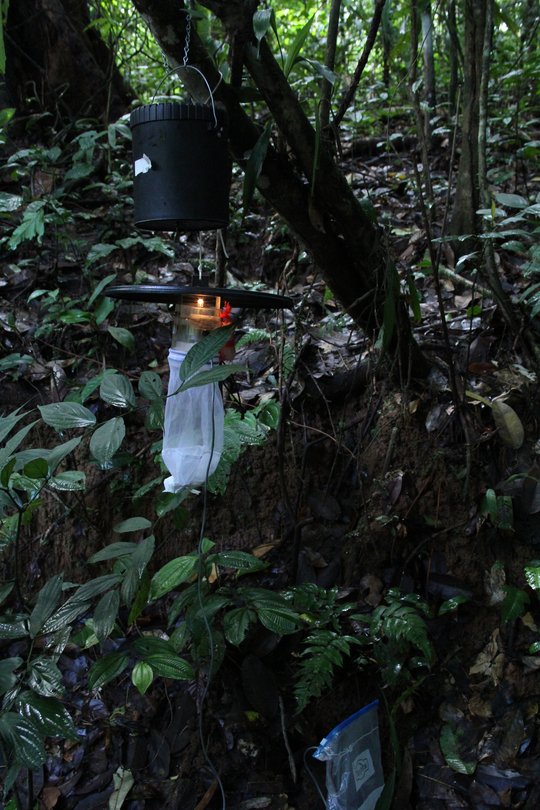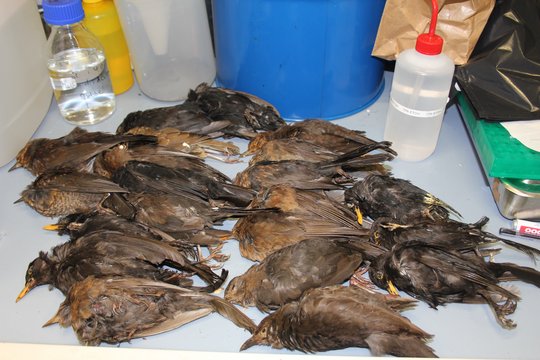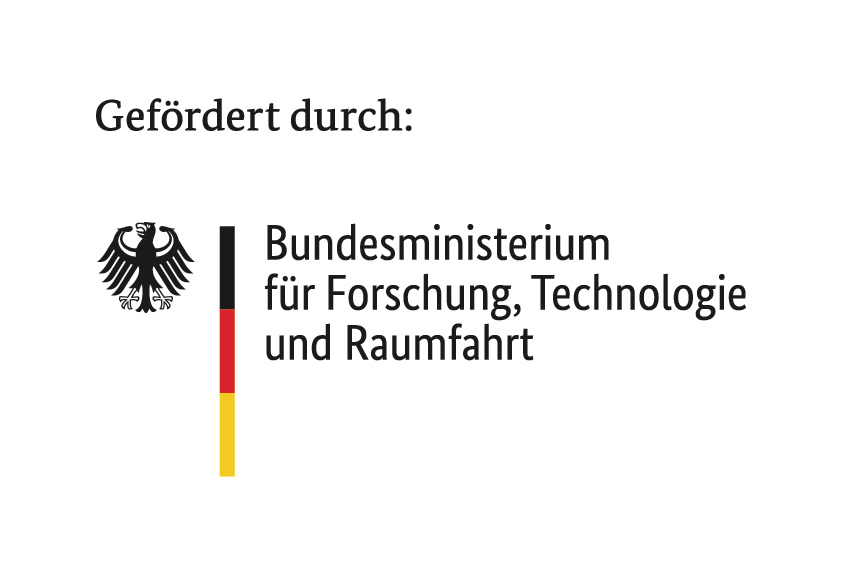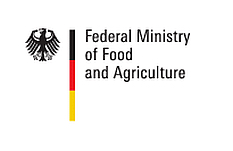Vector and arbovirus surveillance
Human and animal diseases caused by arthropod-borne viruses (arboviruses) are of growing importance in many countries of the world. Continuing eco-climatic changes and globalization create suitable conditions for the emergence of arboviruses. Thus, we are involved in different international and national programs to collect and analyse vector and arbovirus data. This provided a solid base to determine the underlying causes of the seasonal fluctuations in arbovirus activity and arbovirus emergence.
Downstream analysis including the detection of new viruses and phylogenetic characterization of viruses are conducted in cooperation with the Virus Discovery, Genomics and Evolution Lab (Dr. Daniel Cadar).
Vector collection and screening
We conduct mosquito, sandfly, tick and biting midge collections in different setting in Euoprean and international settings. This data are used 1) to understand the distribution, diversity and phenology of the different vector species and 2) for arbovirus screening.

Dead-bird surveillance
Usutu virus and West Nile virus are threats for human and animal health. In cooperation with the Nature and Biodiversity Consveration Union (NABU) we ask citizens in Germany to sent dead birds to our institute. The samples are screened for arboviruses to understand the spatial-temporal circulation in Germany.












